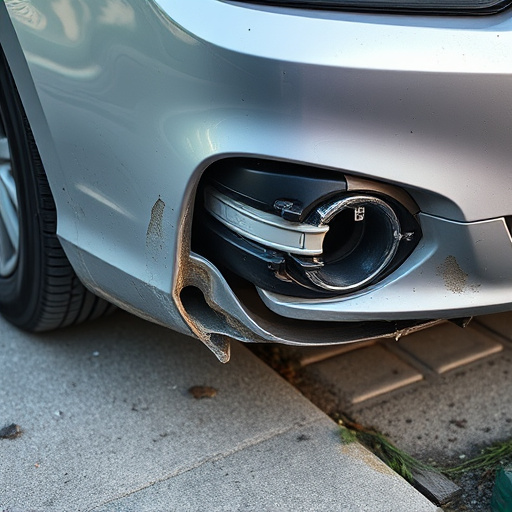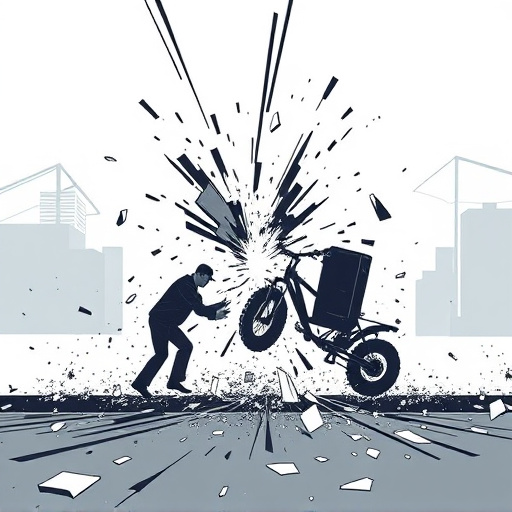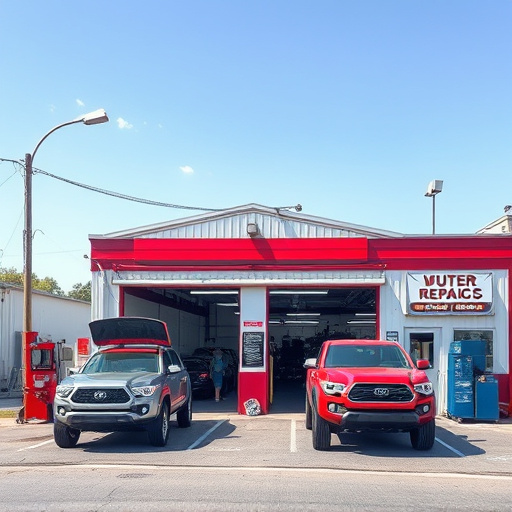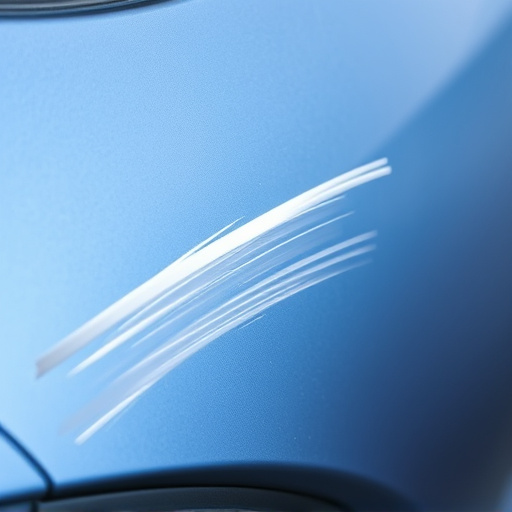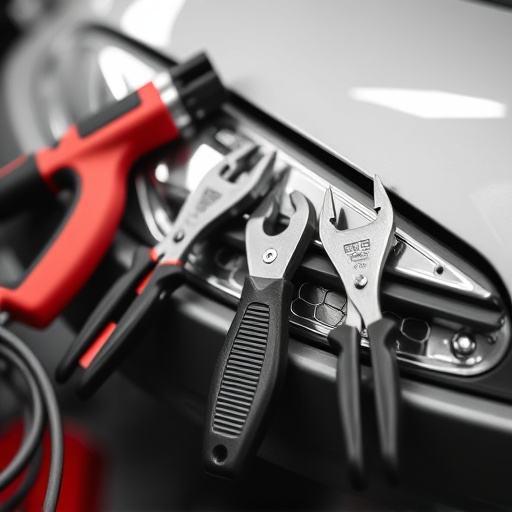Car body repair services prioritize environmental sustainability by adhering to regulations for hazardous material disposal and adopting eco-friendly practices. They use green materials, implement recycling programs, and employ energy-efficient technologies, meeting customer expectations and enhancing trust. This trend reflects a global push towards greener industries, driven by advanced recycling techniques like those from Mercedes Benz and water-based painting technologies, appealing to environmentally conscious consumers.
In today’s eco-conscious world, understanding environmental standards is paramount for car body repair services. This article delves into the crucial practices shaping the automotive industry’s green revolution. We explore environmental regulations specific to auto repairs, highlighting sustainable initiatives within car body repair services. From recycling and waste management strategies to innovative techniques that reduce ecological footprints, discover how these measures contribute to a greener future for both industries and the planet.
- Understanding Environmental Regulations in Auto Repair
- Sustainable Practices in Car Body Repair Services
- Recycling and Waste Management in Automotive Bodywork Restoration
Understanding Environmental Regulations in Auto Repair

In the realm of car body repair services, understanding environmental regulations is paramount to ensuring sustainability and compliance. These regulations govern the disposal of hazardous materials, the management of waste, and the adoption of eco-friendly practices throughout the repair process. For instance, many countries have strict guidelines on the handling and recycling of automotive fluids like oil and coolant, as well as the proper disposal of solid waste such as metal shavings and old car parts.
Car dent removal, fleet repair services, and car collision repair operations must adhere to these standards to minimize their environmental impact. This involves utilizing eco-friendly materials where possible, implementing efficient recycling programs, and adopting advanced technologies that reduce energy consumption. By staying current with evolving environmental regulations, reputable car body repair services not only contribute to a cleaner planet but also foster trust among their customers who increasingly prioritize eco-conscious practices.
Sustainable Practices in Car Body Repair Services
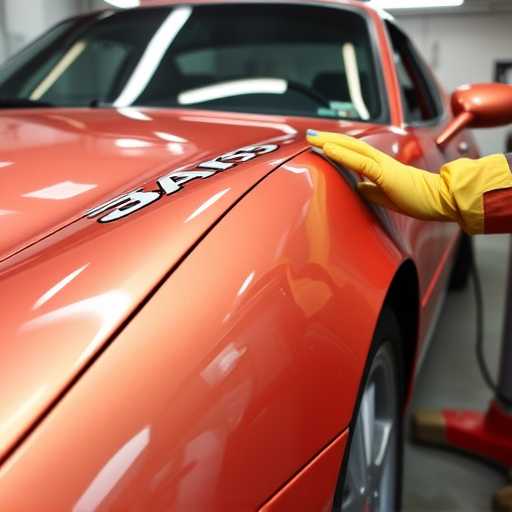
In the realm of car body repair services, sustainability has become a cornerstone of modern practices. Many reputable workshops are now integrating eco-friendly methods into their operations, reflecting a global shift towards greener industries. One prominent example is Mercedes Benz collision repair centers, which have pioneered the use of advanced recycling techniques for auto parts and materials. By reducing waste and reusing components, these services significantly minimize their environmental footprint.
Furthermore, automotive repair shops are embracing innovative solutions like water-based painting technologies, which cut down on volatile organic compounds (VOCs) released during traditional coating processes. This shift not only benefits the environment but also improves indoor air quality for employees, enhancing overall workplace safety and health standards. As these sustainable practices gain traction, consumers can expect a growing trend of eco-conscious car body repair services tailored to meet modern environmental standards.
Recycling and Waste Management in Automotive Bodywork Restoration

In a car body repair service, recycling and waste management are paramount to sustainable practices. After completing repairs, collision repair shops can significantly reduce their environmental impact by implementing efficient recycling programs for various materials used in car dent removal and body restoration processes. Metal, plastic, glass, and even rubber from old parts can be recycled, minimizing the need for new raw materials and the energy-intensive manufacturing process.
These efforts extend to the management of hazardous waste generated during collision repair. Many chemicals used in painting and finishing have harmful environmental effects if not disposed of properly. Reputable car body repair services ensure that such waste is collected, treated, and disposed of according to established environmental standards, protecting both the local ecosystem and the health of their workers. This commitment to responsible waste management further enhances the reputation of collision repair shops as eco-conscious businesses, appealing to environmentally conscious consumers.
In conclusion, a responsible car body repair service goes beyond mere repairs by adhering to stringent environmental standards. By understanding and implementing sustainable practices, recycling materials, and effectively managing waste, these services contribute to a greener automotive industry. This not only benefits the environment but also fosters public trust in a sector that plays a crucial role in our daily lives.
